Miniature dachshunds are very similar to standard dachshunds. However, their smaller size does have some effect on their temperament and health. For instance, their smaller size makes these dogs more likely to become injured.
While these small dogs are absolutely adorable and can make charming companions, not everything is a walk in the park with this breed. Here are some of the most common complaints about this breed:
1. Loud, Yappy Barking
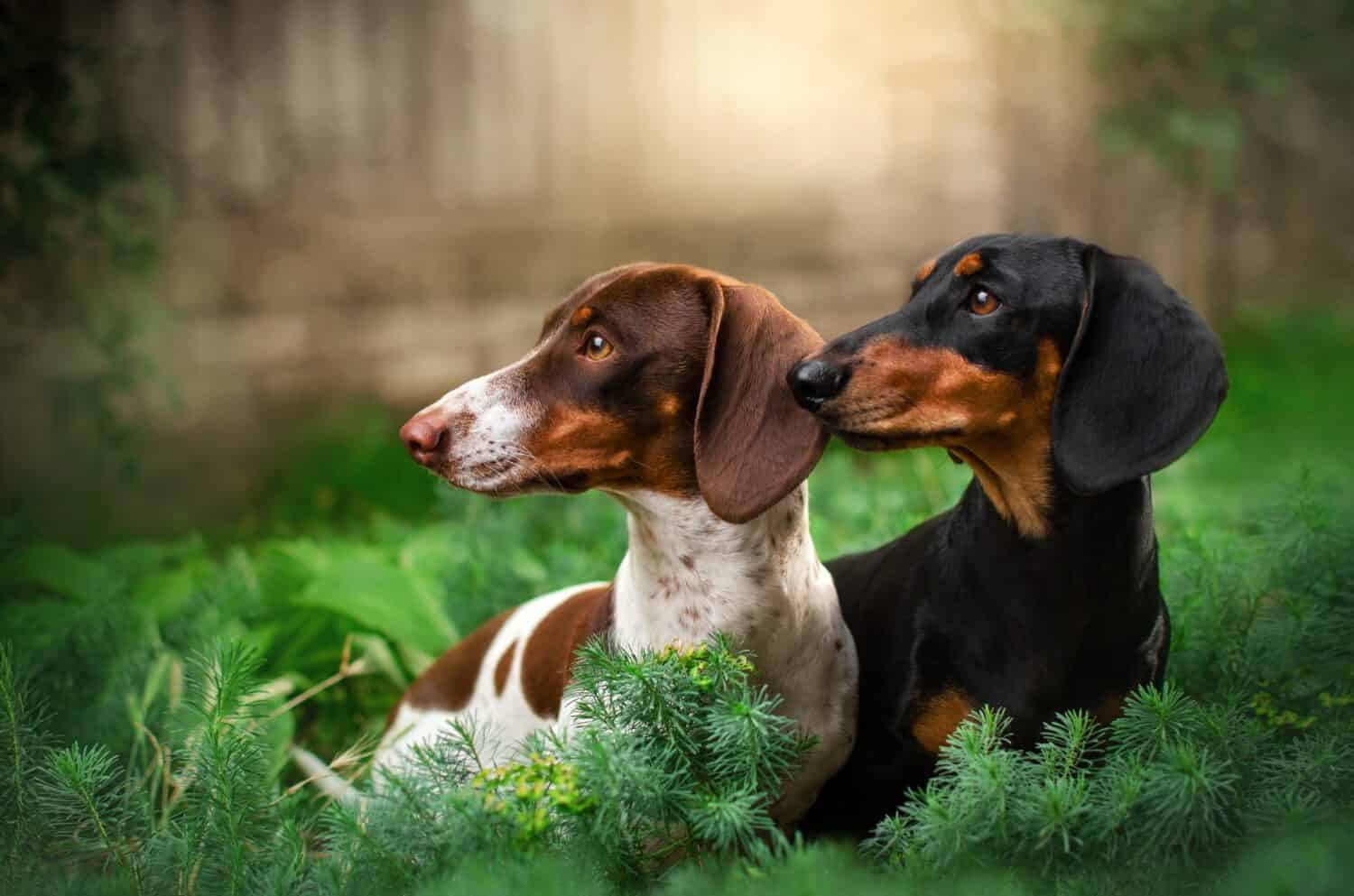
This breed comes in many different colorations.
©Photobox.ks/Shutterstock.com
Dachshunds are extremely alert. Therefore, they tend to bark at practically everything. They’re very early to sound the alarm, even with proper training. These dogs aren’t a good choice for those who can’t deal with some amount of noise. This barking is somewhat instinctual, though you can teach a “quiet” command.
If you don’t want these dogs to bark all the time, you must start training them to be quieter early. However, you should still have proper expectations. They won’t be quiet all the time.
2. Independent
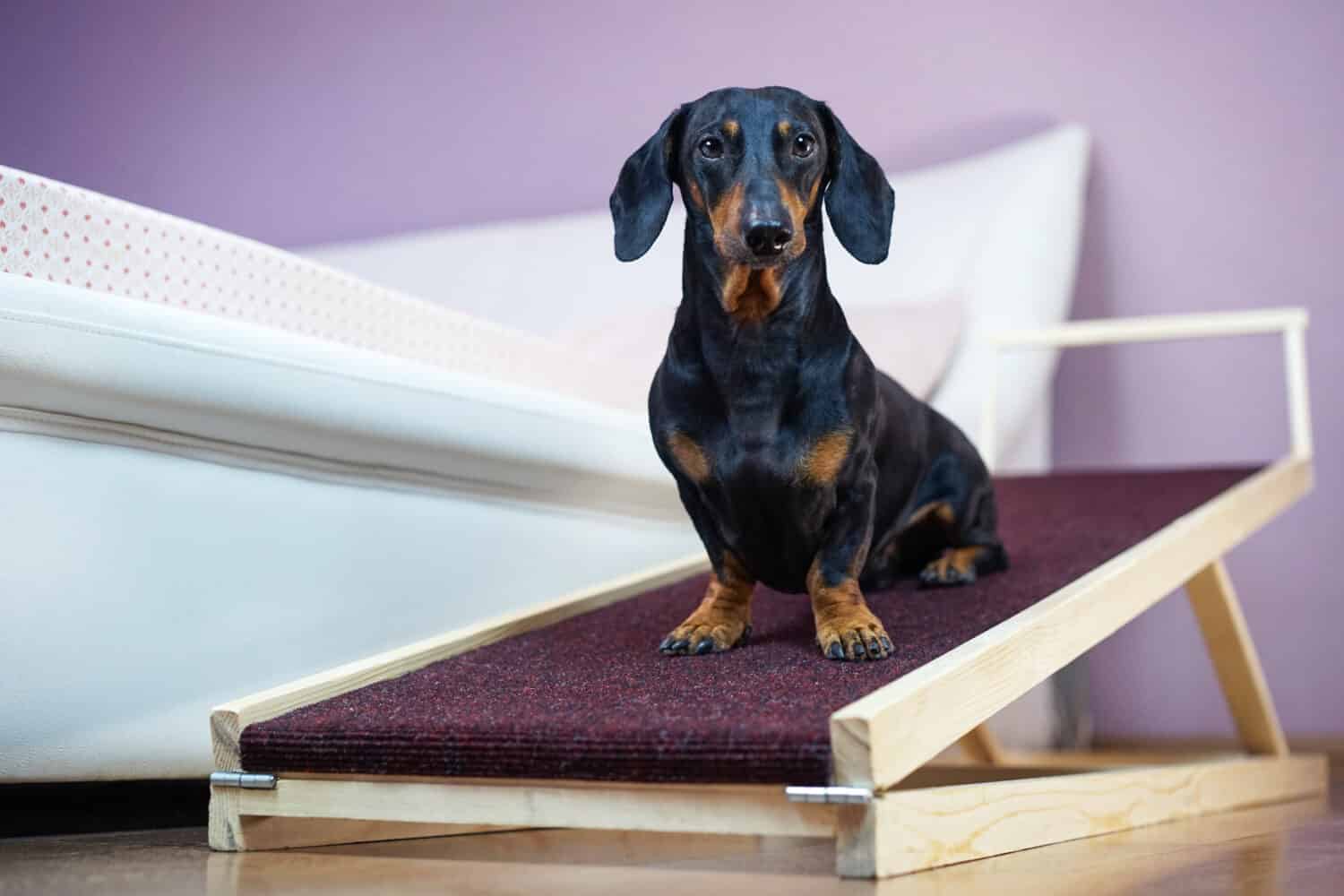
Dachshunds have a mind of their own.
©Masarik/Shutterstock.com
These dogs don’t always go with their owner’s commands. They have a strong mindset that makes them well-suited to hunting, but it can be frustrating when you’re trying to get them to do what you say. They don’t take well to training despite their intelligence, and they can be downright manipulative on some occasions.
To some extent, this is what makes these dogs so enjoyable to own. However, if you aren’t absolutely consistent with your training, they can easily take advantage of you.
3. Suspicious of Strangers
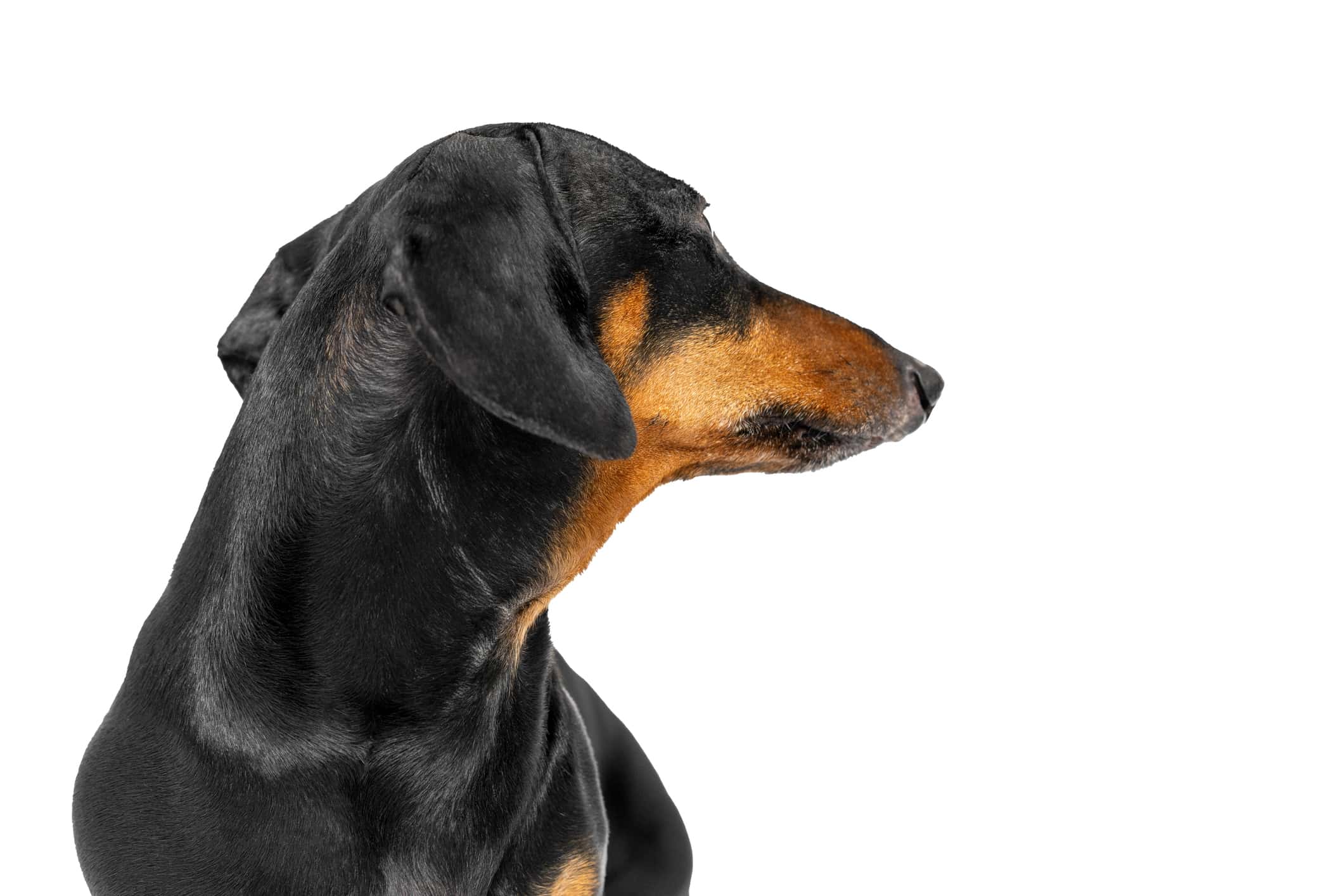
Dachshunds can be a suspicious breed, making socialization essential.
©Ирина Мещерякова/iStock via Getty Images
While your dachshund can be very friendly towards you, they tend to have a healthy dose of suspicion with strangers. This trait is very variable within the breed. Some are polite towards strangers, while others are snippy.
Socialization plays a huge role. If you get your dog around lots of other canines at a young age, they will become accustomed to people. However, if you don’t, they may decide that everyone else is an enemy – or at least not to be trusted.
Training should involve a healthy dose of socialization, especially at a young age.
4. Dislike of Other Dogs
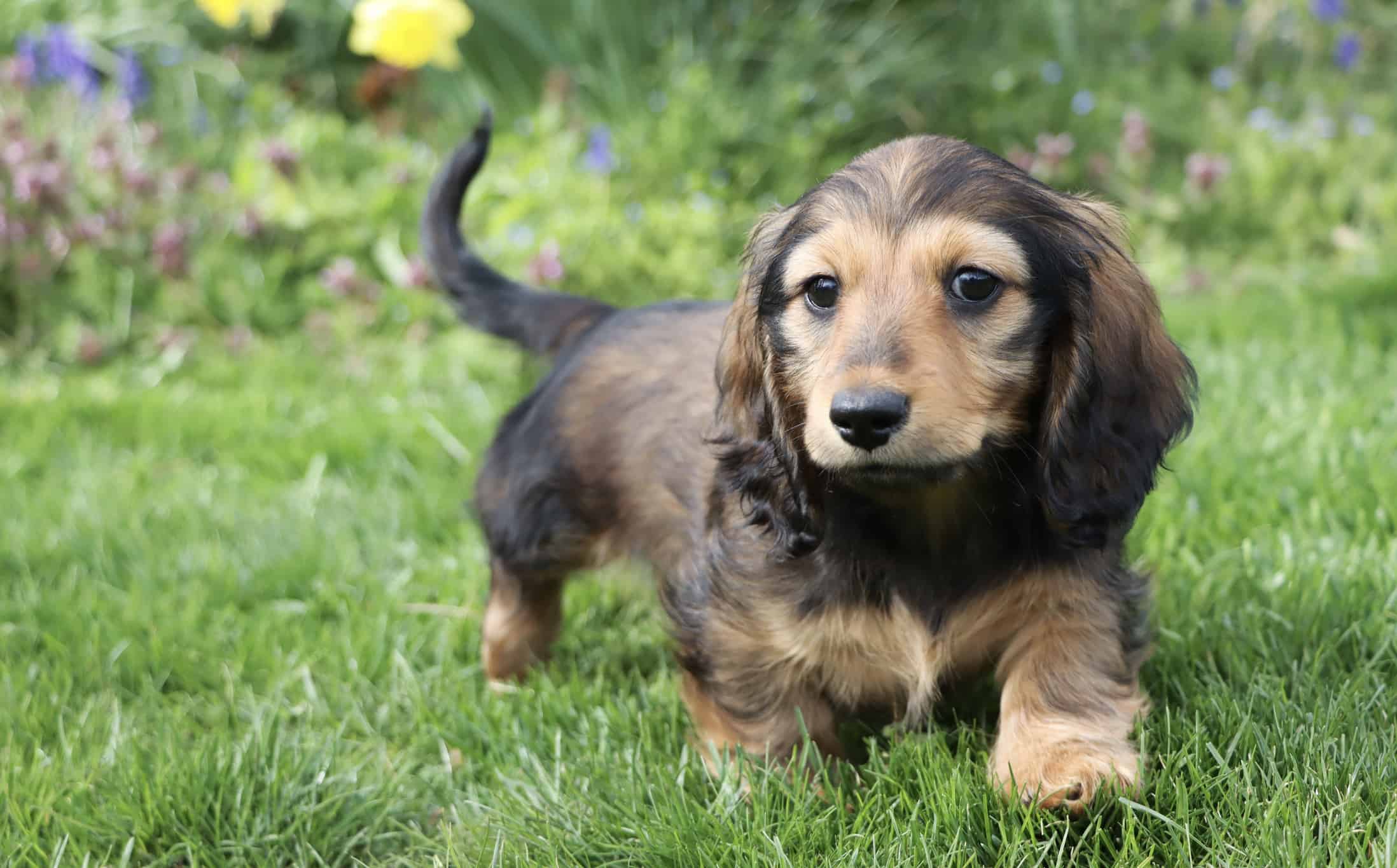
Yes, they may be cute when they’re little, but left unsocialized, these dogs can be downright aggressive towards other canines.
©Sherri Simms/iStock via Getty Images
On top of being suspicious of strangers, dachshunds aren’t necessarily friendly with other dogs, either. They can be good companions for other dachshunds, especially those they are raised around (assuming you successfully prevent littermate syndrome).
However, if not socialized properly, dachshunds can be fiesty and dominate towards other dogs. They tend to be snappy and may try to push other dogs around. Due to their smaller size, their feistiness can easily land them in a dangerous situation.
You must teach them how to behave around other dogs from a very early age.
5. Housebreaking
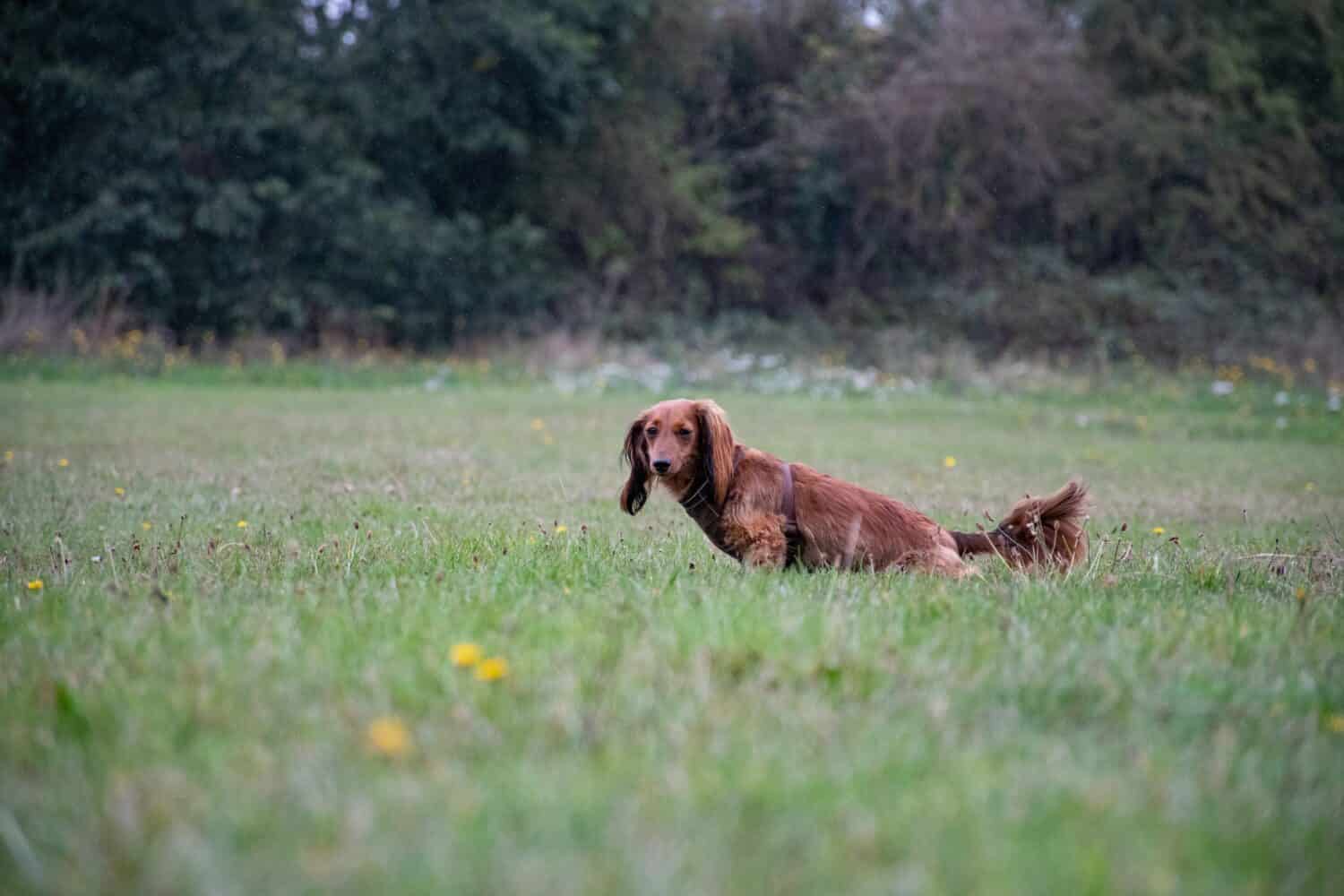
These dogs are practically impossible to housetrain. Be prepared.
©jack perks/Shutterstock.com
If we had to list the breeds that were hardest to house train, miniature dachshunds would be on it. They’re smaller, so their bladders are smaller, too. This trait means they have to go to the bathroom more often than bigger dogs, making it more challenging to housetrain them when they’re younger.
However, there are other reasons they’re hard to housetrain, too. They often dislike cold, wet weather, refusing to go outside unless it’s sunny. A covered potty area is a necessity. Otherwise, persuading them to go outside can be challenging.
6. Health Problems

Obesity can increase your dog’s chance of health problems, so be very cautious with overfeeding.
©Dmitry Andreev/iStock via Getty Images
Dachshunds may have a longer lifespan than many other breeds. However, they can develop intervertebral disc disease, which can leave them paralyzed from a young age. Their long back isn’t well-supported by their legs, leading to this often debilitating condition.
IVDD can occur for a range of reasons. Any activity that bends their back (like jumping or using stairs) can cause it. Therefore, it’s important to restrict your dog’s movement somewhat. Investing in ramps to prevent jumping can be beneficial.
Miniature dachshunds are even more prone to this condition due to their smaller stature. They must jump more and higher than a full-sized dachshund.
7. Grooming
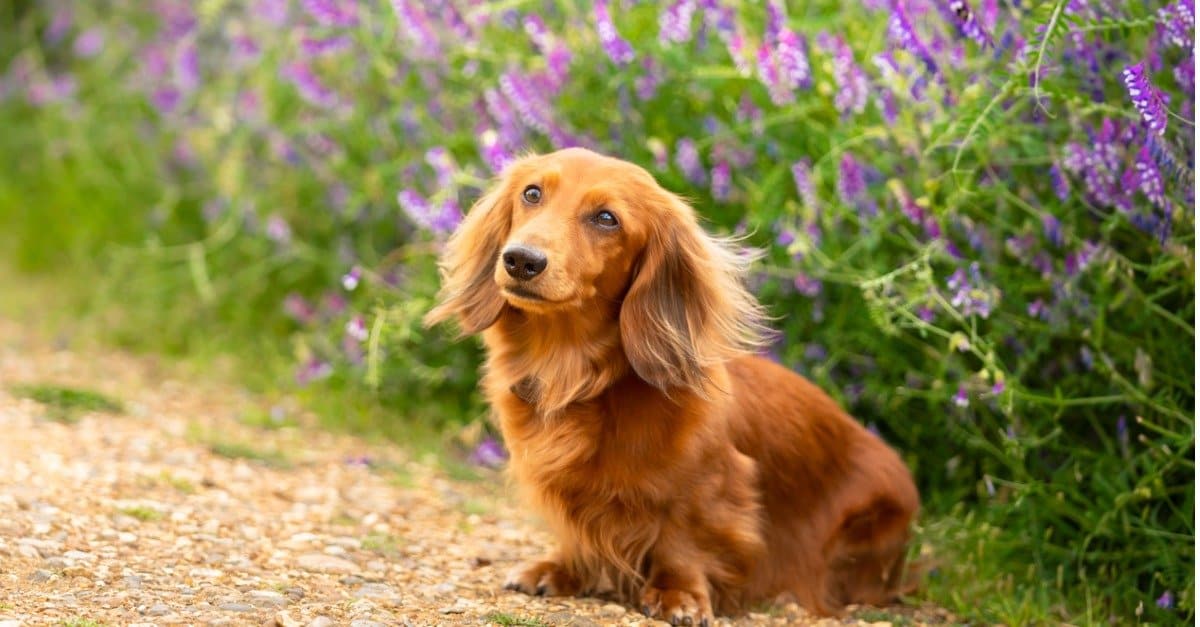
Long-haired dachshunds will need much more grooming than the other
dachshund types
.
©iStock.com/romitasromala
If you decide to get a long-haired dachshund, you can also expect to deal with a decent amount of grooming. These dogs require brushing a few times a week and spot-combing whenever tangles develop. Start at a young age to ensure that your dog puts up with grooming as an adult.
Both long-haired and wire-haired dachshunds need regular trimming, too. Otherwise, their fur can get too long and may lead to extra matting. At the very least, the fur around their face and hind end must be trimmed.
The photo featured at the top of this post is © David Pecheux/Shutterstock.com
Ready to discover the top 10 cutest dog breeds in the entire world?
How about the fastest dogs, the largest dogs and those that are -- quite frankly -- just the kindest dogs on the planet? Each day, AZ Animals sends out lists just like this to our thousands of email subscribers. And the best part? It's FREE. Join today by entering your email below.
Thank you for reading! Have some feedback for us? Contact the AZ Animals editorial team.







